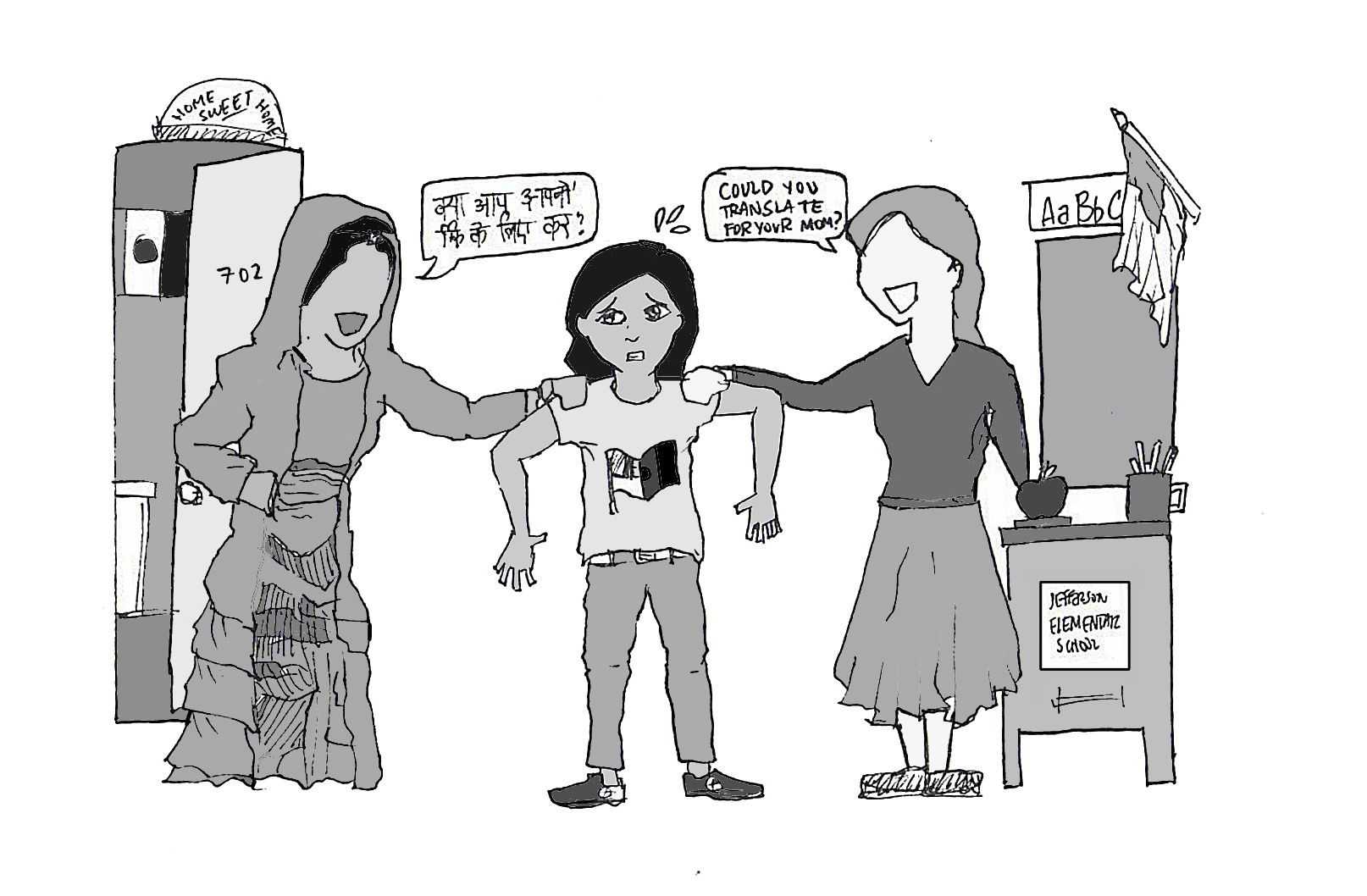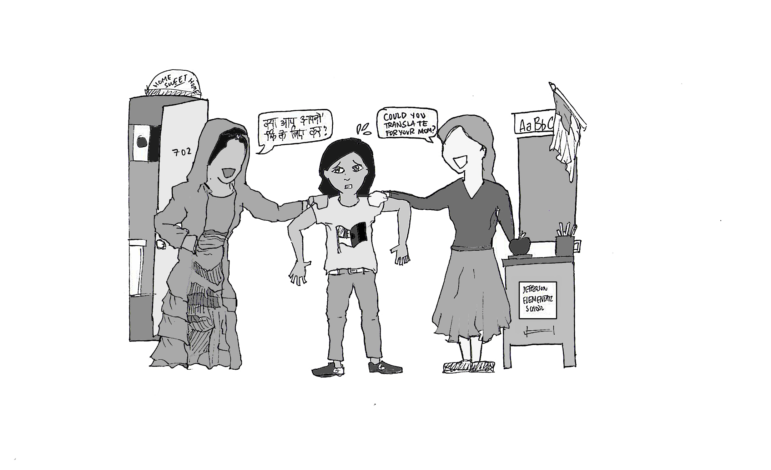
The Bay Area is known and celebrated for its diversity, and the variety of culture within the student populace reflects that of the area around us. From the many clubs recognizing different backgrounds to the annual International Food Fair, the Aragon community is packed with ethnic diversity. Naturally, some students are bilingual, which means they either grow up speaking a different language, in addition to English, or decide to learn another language.
For many first-generation Americans, being bilingual is not only common, but a major necessity. In the U.S. over 25 percent of children are either first — or second — generation citizens, according to Child Trends in 2014.
Due to this, many students act as a translator for their parents. Fifty-seven percent of immigrant parents also have less than a high school education, making it hard for them even to learn proficient English, and some families rely completely on their children to act as translators.
Although some bilingual students feel the pressure to use their language skills to help their parents integrate into American culture, others, like freshman Varsha Thalladi, view their ability to speak multiple languages not as necessity, but as a gift.
“The best part about speaking multiple languages is that it’s really great to be able to communicate with my cousins and grandparents that don’t speak much English,” said Thalladi, who speaks the Indian dialect Telugu. “I also just think it’s a great communication skill.”

Whether speaking two languages is required for working or bonding with family members from other countries, broader communication is valuable. Junior Stefan Veizades uses his ability to speak two languages to help others.
“Being able to speak multiple languages opens up a lot of job opportunities because so many people here can only speak Spanish, and day to day I can help people translate,” he said. “Just by nature, by being around people who only speak Spanish, whether it’s family or strangers, I will have to translate.”
For senior Michael Wang, speaking Mandarin is invaluable for connecting with more people in the world.
“It also allows you to have a greater access to more of the world, as you connect better with native speakers of both languages,” he said.
Veizades has a similar perspective and sees being bilingual as an opportunity to reach parts of the community that don’t necessarily speak English.
“I think just being able to be open to another part of the world is great because the part of the world that speaks English is pretty small compared to the other places in the world,” he said.
The English-speaking population is not the largest in the world, and being bilingual allows students to feel connected with different cultures and embrace other parts of the world.



